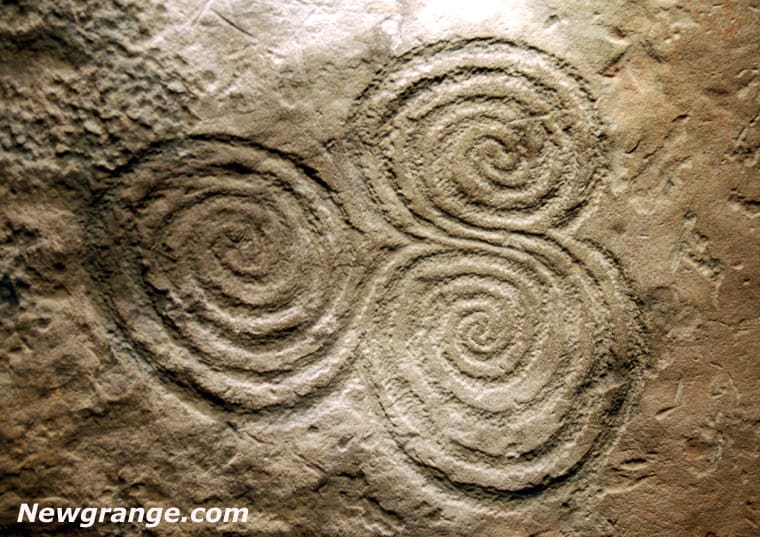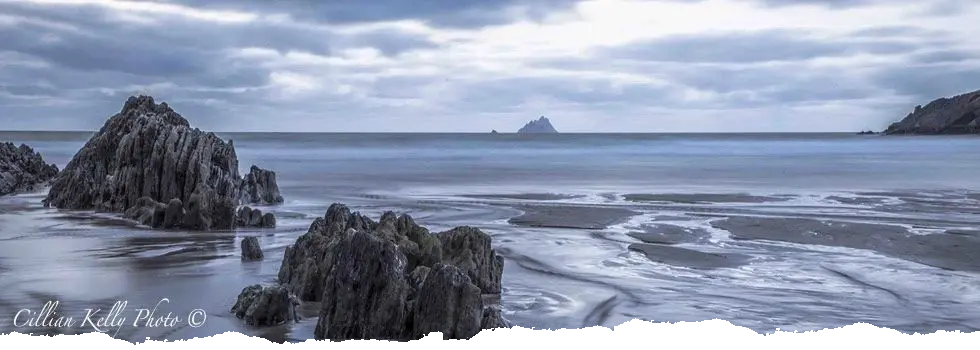
Shy Drunken Catholic Bodhisattva
Jack Kerouac’s Religious Vision
During the summer of 1956, Jack Kerouac spent 60 days as a fire ranger on Mount Desolation in the Mount Baker National Forest of Washington state. His experience is the culmination of his novel The Dharma Bums, which chronicles his embrace of Buddhism and his relationship with the early Zen culture of San Francisco. The Desolation experience, in spite of its rigors, is depicted as an opening or break-through, which Kerouac’s proxy, Ray Smith, expects will have a stabilizing effect when he returns to the world. However, a later novel, significantly titled Desolation Angels, presents an entirely different side of his peak experience. In it, the narrator encounters the isolation he has longed for as terrifying and ultimately meaningless, and he re-enters the world that has been the object of his longing for 60 days without a sustaining sense of inner stability. The disillusionment with Buddhism that is noted in passing at the beginning of Dharma Bums is now in full flower, and Kerouac’s participation in the Way, an enterprise begun with great enthusiasm, seems to be just another passage in the aimless peregrinations of a “poor, homeless man,” as Ray describes himself in Dharma Bums.
When Kerouac first encountered Buddhism in 1954, his life was in disarray. He had been unable to sustain his love for Alene Lee; he felt excluded by the increasing intimacy between his friends William Burroughs and Allen Ginsburg. He had published only the conventional novel The Town and the City and failed to interest publishers in his innovative masterpiece On the Road, and his days seemed to be filled with menial jobs, drink and drugs, and overwhelming guilt about his inability to support his mother. Revisiting Thoreau’s Walden, he was intrigued by its references to the wisdom of the East. Beginning with Ashvagosha’s The Life of the Buddha, Kerouac approached the Buddhist tradition with a systematic program of reading, and he began to practice meditation. He hoped that Buddhism would help him to reconcile himself to the suffering and chaotic nature of his wayward life, a not unreasonable hope in the light of the Buddha’s famous pronouncement (‘I teach only suffering and the end of suffering.’). For a period of about 3 years, Buddhism permeated his thoughts and attitudes, and he practiced as much as his disorderly life would allow. His affinity for Buddhism significantly informed two of his major works (The Dharma Bums, Desolation Angels), two lesser-known books (Some of the Dharma, Wake Up), and numerous letters and essays. Jack Kerouac is not normally considered to be a religious writer, but these works are united by an essentially religious worldview that combines his enthusiasm for Buddhism with the deep-seated Catholicism of his upbringing to produce a new vision of wholeness and health.
While in Lowell shortly after the beginning of his Buddhist studies, Kerouac dreamed of a visit to Thoreau’s cabin at Walden, where he finds a small box of marijuana; he took this to mean that he needed to follow Thoreau’s example and withdraw from the world of literary New York and his addictive habits in order to survive. Thoreau’s famous dictum in the opening pages of Walden seems to have provided Kerouac with a literary credo: “I, on my side, require of every writer, first and last, a simple and sincere account of his own life, and not merely what he has heard of other men’s lives.” Certainly, Kerouac’s novels provide an account of his life, but as a comparison of the same experience in Dharma Bums and Desolation Angels shows, this account is by no means simple, though its raw sincerity is impossible to doubt.
Stay Tuned For The Rest
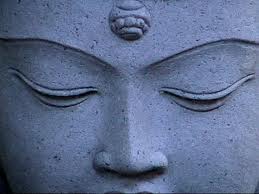
Sean O'Faolain: A Study
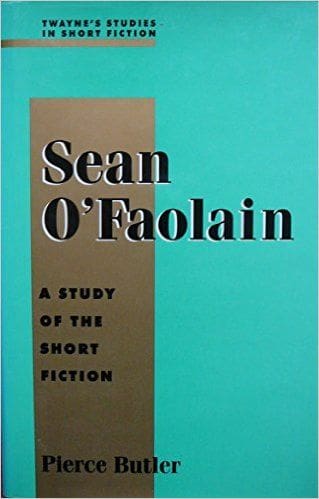
If O'Faolain's subject matter is predominantly Irish, there is nothing provincial about his sensibility. Like Joyce--though from a radically different perspective--he sets out to discover the universal in Irish experience, and his best stories transcend the limitations of milieu. If Joyce is the emigre writer par excellence, the angry young man who uses the force of his disgust with his predecessors to propel himself into exile, O'Faolain is his stay-at-home counterpart, who feels the constraints of Ireland no less keenly, but manages nevertheless to turn them to good account in his work...
The Only Truth
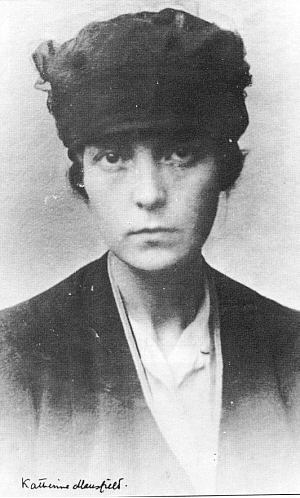
During the last months of her life...Katherine Mansfield underwent what might be termed an examination, or perhaps an experience, of conscience that led her to an unflinching acknowledgment of her own shortcomings and an attempt to mend relations with family and friends. She imagined a different kind of writing--stories she would "dare show to God"--that she hoped would be an expression of a new spiritual health; unhappily, these stories would never be written. But she also perceived the possibility of attaining the inner freedom that had eluded her all her life...
The Church Bells of Easter
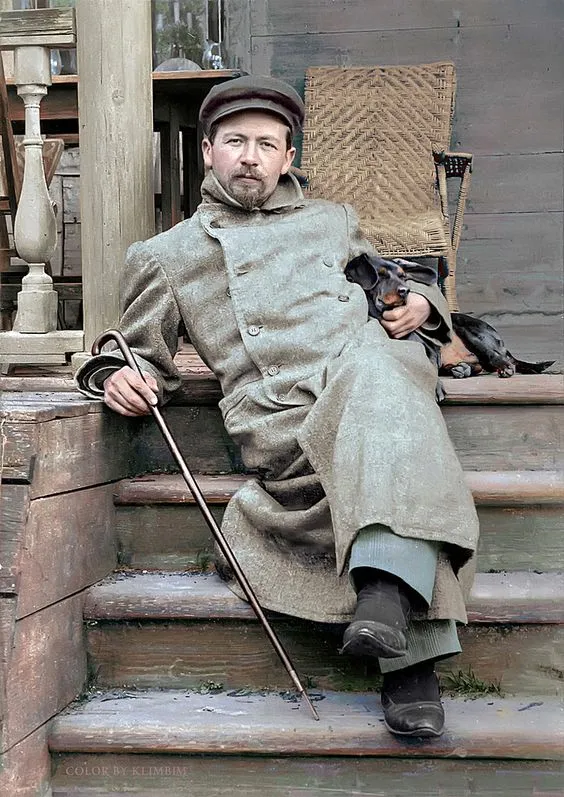
Chekhov can seem a gloomy writer, as if his stories and plays bear the image of the writer in his last, invalid days at Yalta — a pale, emaciated figure, dressed in black, pathetically unsteady on his feet. Gloomy epiphanies abound in his work, his characters typically overwhelmed by circumstances and unable to act to improve their lot. And yet the particular circumstance that frequently overwhelms them is self-knowledge, an inescapable glimpse of themselves that they cannot bear. Chekhov knew the possibility of change inherent in self-knowledge, even if few of his characters took advantage of it. And as the comic pieces of his student years were replaced by psychological studies of increasing weight and depth, he became more interested in exploring what follows the bitter epiphany of self-knowledge. In doing so, he began to delineate with growing authority a paradigm of the Christian journey, a way of transformation that led at least some of his characters out of the prison of egoism into a more spacious awareness of self and others...
